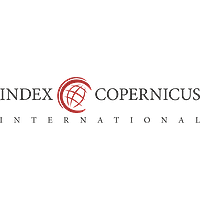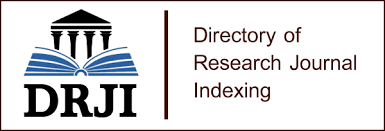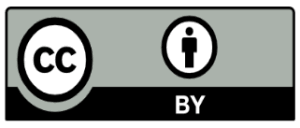SOLDIERS’ CONSTITUTIONAL RIGHTS AND MILITARY JUSTICE: COMPARISON BETWEEN THE REPUBLIC OF MALDIVES, MALAYSIA AND OTHER JURISDICTIONS
DOI:
https://doi.org/10.55327/jaash.v9i3.310Abstract
In 2008, Maldivians promulgated a revised Constitution. The updated Constitution introduced several democratic reforms, such as the establishment of independent institutions, the protection of human rights, the introduction of a multi-party system, and the strengthening of the rule of law. Mainly fair and transparent hearings and fair administrative action. These reforms have allowed the Maldives to achieve a more open and transparent government. Nevertheless, since 2008 many cases ruled by Maldivian military judicators have been acquitted by the Maldivian civil justice system, which includes trial courts, the high court, and the supreme court. The civil justice system has determined that the military judicators have not followed due process, and thus the cases have been overturned. Additionally, the civil justice system has implemented several reforms and safeguards to ensure all citizens have access to a fair trial. This resulted in prejudice against military justice in the army. The primary goal of the military judicator is to maintain good order and discipline in the army, as discipline is the sole of every army. Therefore, this article thoroughly analyzes the unconstitutional limitations on constitutional rights by the Maldivian military judiciaries and the legal implications that follow. It emphasizes the crucial significance of maintaining the rule of law, promoting good governance, ensuring military justice, and preserving national stability. Furthermore, it draws insightful comparisons between Malaysia and other relevant jurisdictions.
Downloads
Published
How to Cite
Issue
Section
License
Copyright (c) 2023 Abdul Majeed Ibrahim, Md Zahidul Islam

This work is licensed under a Creative Commons Attribution 4.0 International License.
Copyrights for articles published in Journal of Asian and African Social Science and Humanities are retained by the authors, with first publication rights granted to the journal. The journal/publisher is not responsible for subsequent uses of the work. It is the author's responsibility to bring an infringement action if so desired by the author.
Articles published in Journal of Asian and African Social Science and Humanities are published under the Creative Commons Attribution (CC-BY) license, which permits others to distribute, remix, tweak, and build upon your work as long as they credit you for the original creation.
Â















